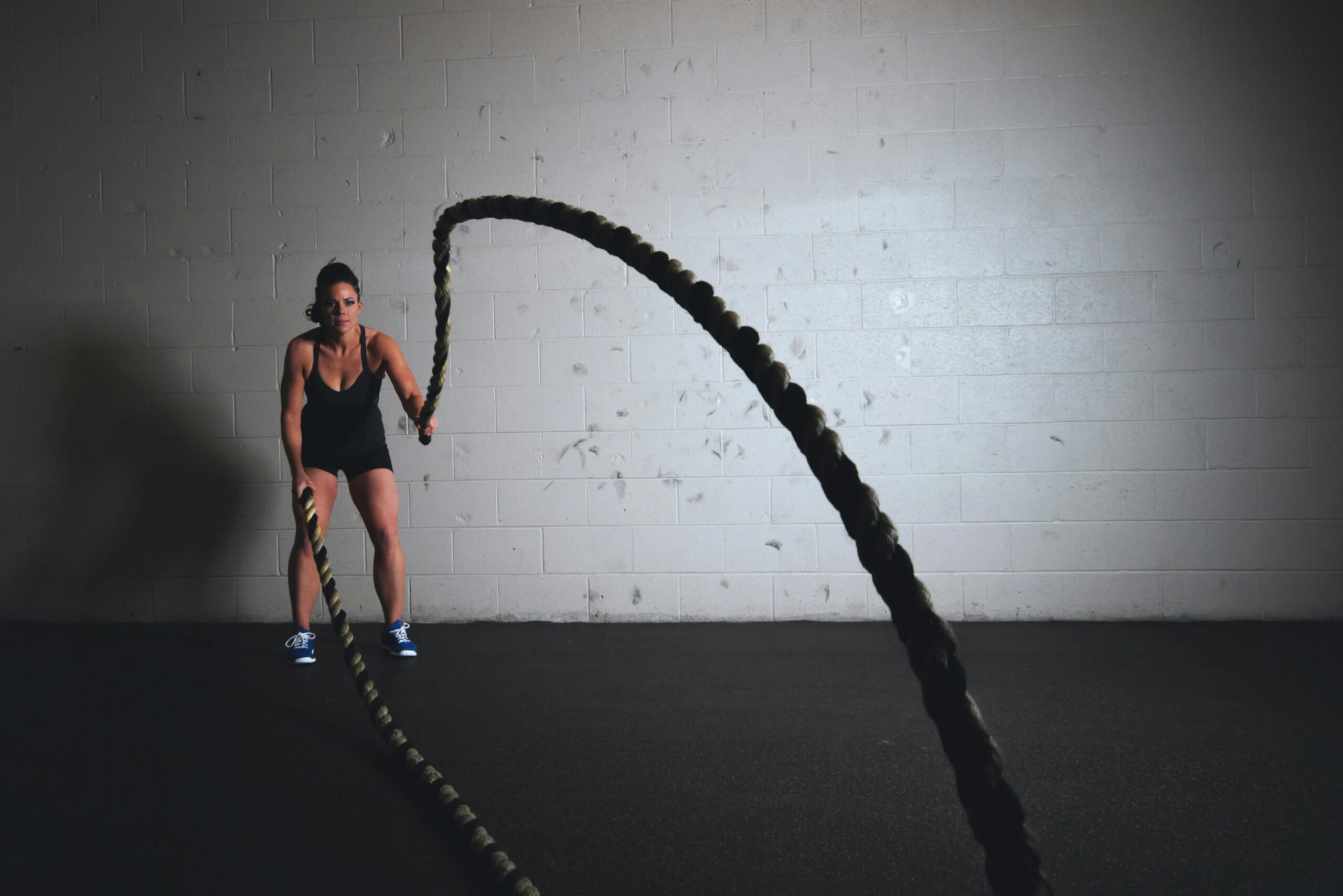Table of Contents
introduction
Self confidence is one of the most important traits to cultivate for personal and professional success. It allows you to believe in yourself, take on challenges, and live life to the fullest. Yet, many people struggle with low self-confidence, often due to physical insecurities, mental health challenges, or lifestyle choices.
One of the most effective ways to address these issues is through fitness. Engaging in regular physical activity not only enhances your physical appearance but also improves your mental and emotional well-being, creating a solid foundation for self-confidence.
In this blog, we will explore how fitness plays a pivotal role in boosting self-confidence, touching on physical, psychological, and emotional aspects. Let’s dive into the various ways fitness can transform your life and help you become the most confident version of yourself.

1. Improved Physical Appearance
For many, insecurities about physical appearance are a significant source of low self-confidence. Fitness can help address this by improving your body composition, muscle tone, and posture. Here’s how:
Weight Management and Muscle Definition
Engaging in regular exercise—whether it’s strength training, cardio, or yoga—helps you burn calories and build muscle. Over time, this leads to fat loss and improved muscle definition, which can make you feel more comfortable in your own skin.
Better Posture
A strong and toned body naturally leads to better posture. Regular exercise strengthens the core muscles that support your spine, allowing you to stand taller and exude confidence. Good posture is often associated with self-assuredness and authority.
Exercise increases blood circulation, delivering more oxygen and nutrients to your skin. This results in a natural glow that can make you feel and look more radiant, further boosting your confidence.
2. Mental Health Benefits
Fitness doesn’t just transform your body; it also has profound effects on your mind. Regular exercise has been proven to reduce stress, anxiety, and depression—all of which are significant barriers to self-confidence.
Endorphin Boost
Exercise triggers the release of endorphins, also known as “feel-good” hormones. These chemicals create a sense of euphoria and reduce stress levels, making you feel happier and more confident.
Reduced Anxiety and Depression
Studies have shown that physical activity can be as effective as medication for treating mild to moderate depression and anxiety. By managing these mental health challenges, you can think more positively about yourself and your abilities.
Improved Cognitive Function
Exercise boosts brain health by improving memory, focus, and decision-making. When your mind is sharp, you’re more likely to approach challenges with confidence and determination.

3. Increased Energy Levels
Low energy levels can make you feel unmotivated and unproductive, which often translates to low self-confidence. Fitness changes that by enhancing your stamina and vitality.
Enhanced Physical Stamina
Regular exercise improves cardiovascular health and strengthens your muscles, allowing you to perform daily tasks with greater ease. This newfound energy can give you the confidence to take on challenges that once seemed daunting.
Better Sleep
Exercise helps regulate your sleep patterns, ensuring you get restorative rest. A good night’s sleep is crucial for maintaining high energy levels and a positive mindset.
One of the most empowering aspects of fitness is the ability to set and achieve goals. Whether it’s running your first 5K, lifting a certain weight, or mastering a yoga pose, each milestone boosts your self-esteem.
The Power of Small Wins
Each time you achieve a fitness goal, no matter how small, you prove to yourself that you’re capable of improvement and growth. This builds a sense of accomplishment and pride.
Developing Discipline
Sticking to a fitness routine requires consistency and discipline. Over time, this discipline spills over into other areas of your life, making you feel more in control and confident in your abilities.

5. Social Benefits
Fitness can also improve your self-confidence by enhancing your social life. Engaging in group workouts, joining fitness classes, or participating in sports allows you to connect with like-minded individuals.
Building a Support System
The fitness community is often a source of encouragement and motivation. Surrounding yourself with supportive people can boost your morale and help you feel more confident in social settings.
Improved Communication Skills
Interacting with others during workouts or sports can improve your communication skills, making you more comfortable in both personal and professional interactions.
6. Positive Body Image
One of the greatest barriers to self-confidence is a negative body image. Fitness helps you cultivate a positive relationship with your body, regardless of its shape or size.
Appreciating Your Body’s Strength
As you progress in your fitness journey, you’ll begin to appreciate what your body can do rather than focusing solely on how it looks. This shift in perspective fosters gratitude and confidence.
Body Neutrality and Positivity
Fitness promotes a sense of body neutrality, where you value your body for its functionality rather than its appearance. Over time, this can evolve into body positivity, allowing you to feel good about yourself regardless of societal standards.

7. Overcoming Challenges and Building Resilience
Fitness teaches you to push through discomfort and overcome obstacles, which can greatly enhance your self-confidence.
Facing Physical Challenges
Whether it’s completing a tough workout or recovering from an injury, overcoming physical challenges shows you that you’re capable of handling adversity.
Translating Resilience to Real Life
The mental toughness developed through fitness often carries over into other areas of life. When you’ve proven to yourself that you can handle a grueling workout, you’ll feel more confident tackling other challenges.
8. Empowerment Through Self-Care
Fitness is an act of self-care that reinforces your self-worth. By prioritizing your health and well-being, you send a powerful message to yourself: “I am worth the effort.”
Taking Control of Your Health
When you commit to a fitness routine, you take an active role in improving your health. This sense of control can be incredibly empowering.
Boosting Self-Esteem
Every step you take toward better health—whether it’s a workout, a nutritious meal, or a good night’s sleep—reinforces your self-esteem and confidence.

Practical Tips to Boost Confidence Through Fitness
If you’re ready to use fitness as a tool to improve your self-confidence, here are some actionable tips:
- Start Small: Begin with achievable goals to build momentum.
- Find Activities You Enjoy: Choose workouts that you genuinely enjoy to make the process more rewarding.
- Celebrate Progress: Acknowledge and celebrate your achievements, no matter how small.
- Stay Consistent: Consistency is key to seeing results and building confidence.
- Surround Yourself with Supportive People: Join a fitness group or work out with a friend to stay motivated.
Conclusion
Fitness is more than just a path to physical health; it’s a transformative journey that can elevate your self-confidence. By improving your physical appearance, enhancing your mental health, and fostering a positive body image, fitness empowers you to feel your best both inside and out.
It also equips you with the tools to overcome challenges, set and achieve goals, and connect with others—all of which contribute to a more confident and fulfilled life.
So, why wait? Start your fitness journey today and unlock the self-confidence you’ve always deserved.


